Read the recap
The US Department of Defense will roll out its 2022 Nuclear Posture Review at a public event from the Scowcroft Center for Strategy and Security‘s Forward Defense practice featuring a fireside chat with Richard C. Johnson, deputy assistant secretary of defense for nuclear and countering WMD policy; Alexandra Bell, deputy assistant secretary of state for arms control, verification, and compliance; and Cindy Lersten, director of policy and strategic planning at the National Nuclear Security Administration. This event, “The future of US nuclear strategy: Releasing the 2022 Nuclear Posture Review,” will take place on Tuesday, November 1, 2022, from 2:00 p.m. to 4:00 p.m. EDT. To attend in person or by Zoom, please click the REGISTER button above.
The 2022 Nuclear Posture Review (NPR), released in tandem with the National Defense Strategy and the Missile Defense Review, is the keynote document reviewing the United States’ nuclear posture. The release of the 2022 NPR comes as the United States faces critical challenges from nuclear-armed adversaries and an aging US nuclear arsenal. The international security environment is deteriorating. Russia’s ongoing invasion of Ukraine has been marked by nuclear threats. In the Indo-Pacific, a growing Chinese nuclear arsenal and possibly changing nuclear strategy poses a concern to US policymakers. Rogue states such as North Korea and now Iran are accelerating their nuclear development, posing a threat to US security. Finally, the US nuclear arsenal is aging, and the trajectory of the current US nuclear modernization plan will influence the ability of the United States to deter strategic threats for decades to come.
Given this challenging environment, the 2022 National Security Strategy has reaffirmed that “[n]uclear deterrence remains a top priority for the Nation and foundational to integrated deterrence.” But what does this really mean for US security? How can US nuclear forces contribute to the three “ways” of the 2022 National Defense Strategy: integrated deterrence, campaigning, and building enduring advantages?
Join us for a special Atlantic Council event that will reflect on the key findings and questions raised in the Biden administration’s 2022 NPR. Tune in for a fireside chat with senior administration officials Richard Johnson, Alexandra Bell, and Cindy Lersten moderated by David Sanger, national security correspondent for the New York Times. This fireside chat will be followed by an expert panel discussion featuring Scowcroft Center Acting Director and Director of Studies, Matthew Kroenig; former Under Secretary of Defense for Policy Walter Slocombe; former Deputy Assistant Secretary of Defense for Nuclear and Missile Defense Policy Robert Soofer, and former Deputy Assistant Secretary of Defense for Nuclear and Missile Defense Policy Leonor Tomero, moderated by Demetri Sevastopulo of the Financial Times.
We hope you can join us for what promises to be an important and timely discussion. To attend in person or receive a Zoom link, please register by completing the form below. This event features:
Fireside chat with
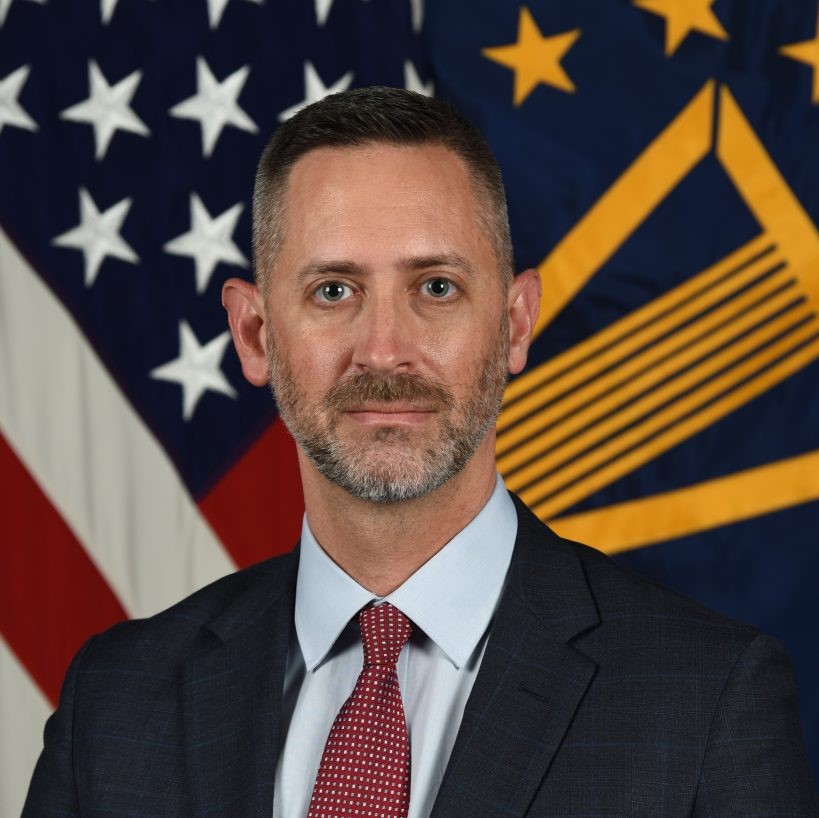
Richard Johnson
Deputy Assistant Secretary of Defense for Nuclear and Countering Weapons of Mass Destruction Policy
Department of Defense
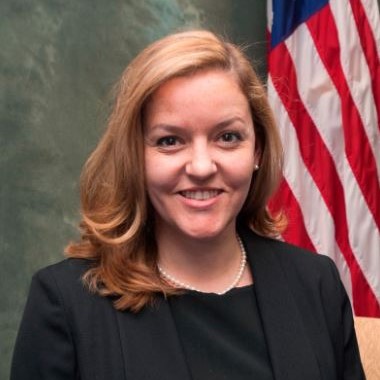
Alexandra Bell
Deputy Assistant Secretary, Bureau of Arms Control, Verification, and Compliance
Department of State

Cindy Lersten
Director, Office of Policy and Strategic Planning, National Nuclear Security Administration
Department of Energy
Moderated by

David Sanger
White House and national security correspondent
New York Times
Expert panel with

Board director, Atlantic Council
Former under secretary of defense for policy, US Department of Defense
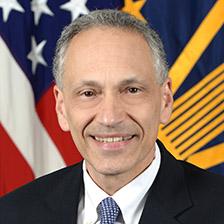
Senior associate, Missile Defense Project, Center for Strategic and International Studies; Former deputy assistant secretary of defense for nuclear and missile defense policy (2017-2021), US Department of Defense
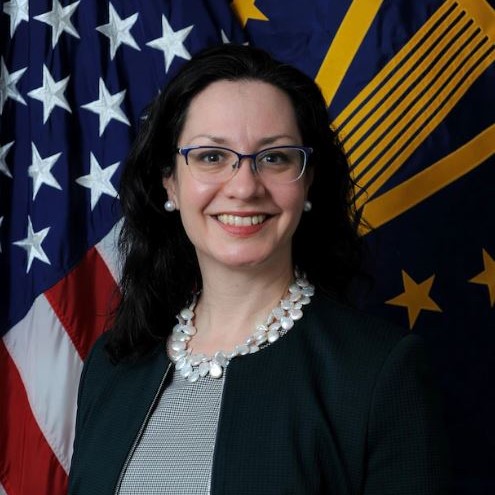
Former deputy assistant secretary of defense for nuclear and missile defense policy (2021), US Department of Defense
Moderated by

US-China correspondent, Financial Times

Forward Defense, housed within the Scowcroft Center for Strategy and Security, generates ideas and connects stakeholders in the defense ecosystem to promote an enduring military advantage for the United States, its allies, and partners. Our work identifies the defense strategies, capabilities, and resources the United States needs to deter and, if necessary, prevail in future conflict.
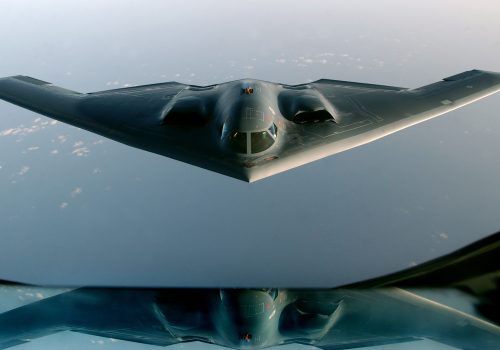

Follow the conversation on Twitter with @AtlanticCouncil and @ACScowcroft using #ForwardDefense